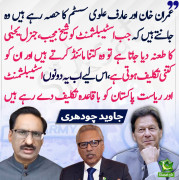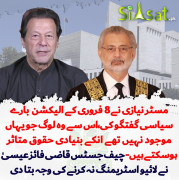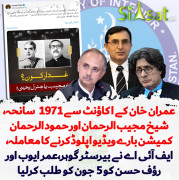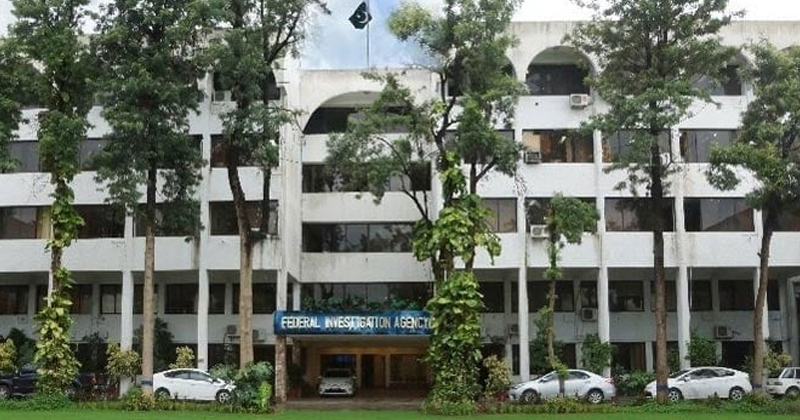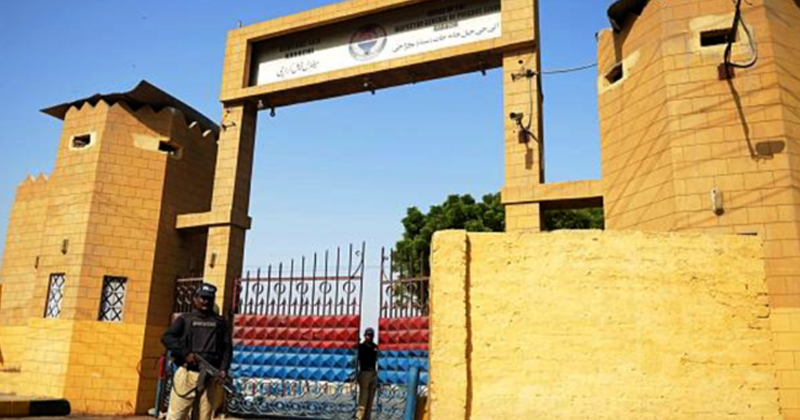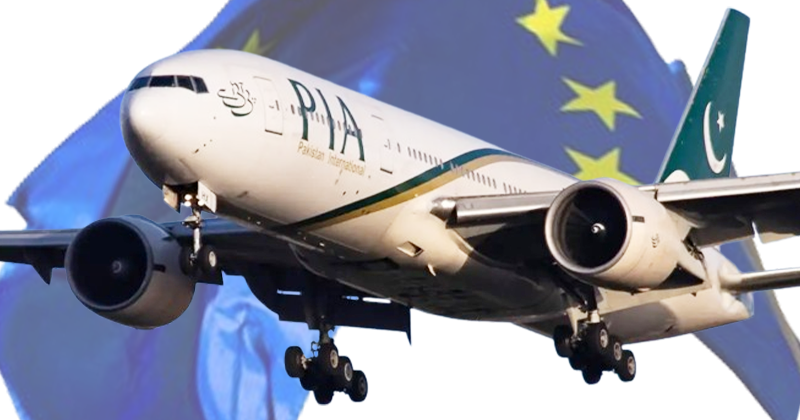
Gwyn: Pakistan looks to China in aftermath of bin Laden raid
May 30, 2011
Richard Gwyn

Jason Lee/GETTY IMAGES
The killing of Al Qaeda leader Osama bin Laden by American special forces was the most serious humiliation suffered by any Pakistan government in decades.
No one in that government was told by Washington of the raid until it was over. The American helicopters sneaked in without being noticed by the Pakistani air defence system. And, of course, no one believes bin Laden could have lived in Abbottabad untouched for six years without the approval of important people in Pakistans military and intelligence.
Yet because Pakistan is so dependent upon U.S. financial aid its military most particularly complaints uttered in its capital Islamabad have been scanty and muted.
So, while the anger among ordinary Pakistanis remains high, the worst of the crisis between the two countries appears to be over.
Rather, it may just be beginning.
Two weeks after the raid on Abbottabad, the countrys Prime Minister Yusuf Raza Gilani left Islamabad on another kind of military mission, one quite different in nature but potentially of equal, perhaps far greater, importance.
Gilanis mission was to China. Over four days in Beijing, he met with Prime Minister Wen Jiabao and a succession of top officials and military leaders.
He was well received. An official publication, the Global Times, declared that while the U.S. had failed to treat Pakistan with respect, China had set an example for the West on how to treat Pakistan as a sincere and cooperative partner.
By the time Gilani left, he had secured a promise of an immediate supply of 50 of Chinas JF-17 multi-role fighters. He invited China to develop a new naval base at the countrys port of Gwadar and began negotiations for China to provide Pakistan with its new J-20 stealth planes.
Perhaps the most important single development was the description of China by one Pakistani minister as an all-weather friend or of a reliable, permanent, friend in contrast to the way the U.S. abandoned Afghanistan after the Russians were forced to leave the country in 1989.
Its too early to assume that Pakistan is about to exchange an alliance with China for its long and close, if often difficult, relationship with the U.S.
It is time to start to sketch in the possibilities ahead.
Certain facts are unquestionable. China is starting to emerge as a substantial military power. It has developed nuclear-powered submarines and a ballistic missile capable of destroying a weather satellite that had ceased to function.
In its own region, it is becoming decidedly more aggressive. It claims islands in the South China Sea as a core national interest equivalent to Taiwan and Tibet, precipitating clashes between Chinese and Japanese ships and disputes with Vietnam and the Philippines.
There is in fact a sustaining logic to a Pakistan-China alliance: both are rivals of India.
And commerce is drawing the two together. Pakistan already does more trade with China (close to twice as much) as with the U.S. Within a decade, according to James Brazier, Asia analyst at IHS Global Insight, Chinas presence in Pakistan will be vastly greater than that of the U.S.
Other trends point the other way. While China is acquiring new military hardware, its defence budget is one-tenth that of the U.S. In international affairs, China remains essentially passive: its global interventions are almost entirely commercial rather than political or diplomatic.
One key fact remains, though. For the first time in its history, Pakistan has reached out to a possible partner and protector other than the United States. And a second fact: In exchange, that potential new ally responded with a warm handshake.
This may be a blip. Or it may be the start of a new global power balance as the U.S. declines, at least comparatively, and other nations, such as China, India, Brazil and others, extend their power by new alliances.
Richard Gwyns column appears every other Tuesday. [email protected]



